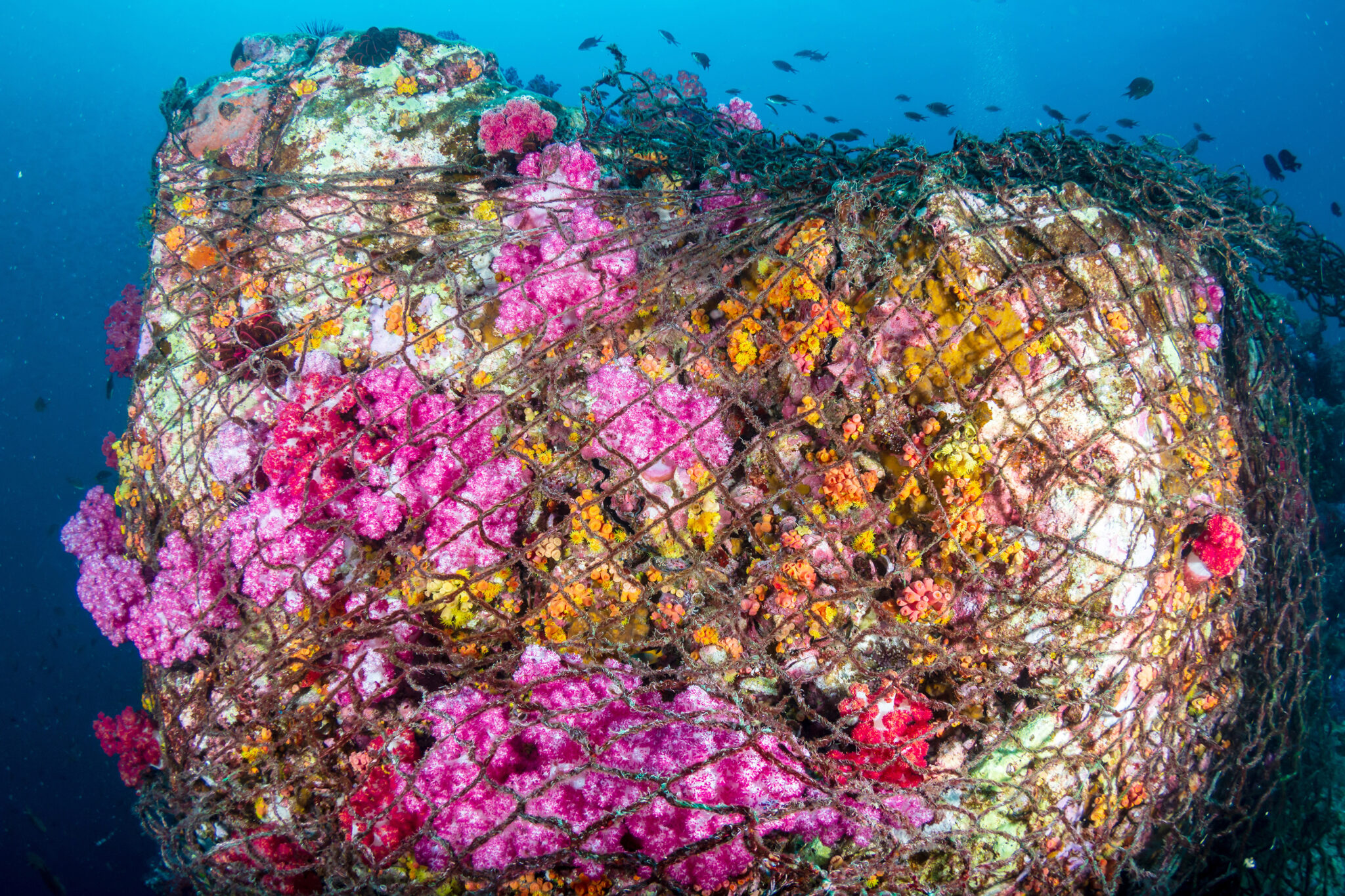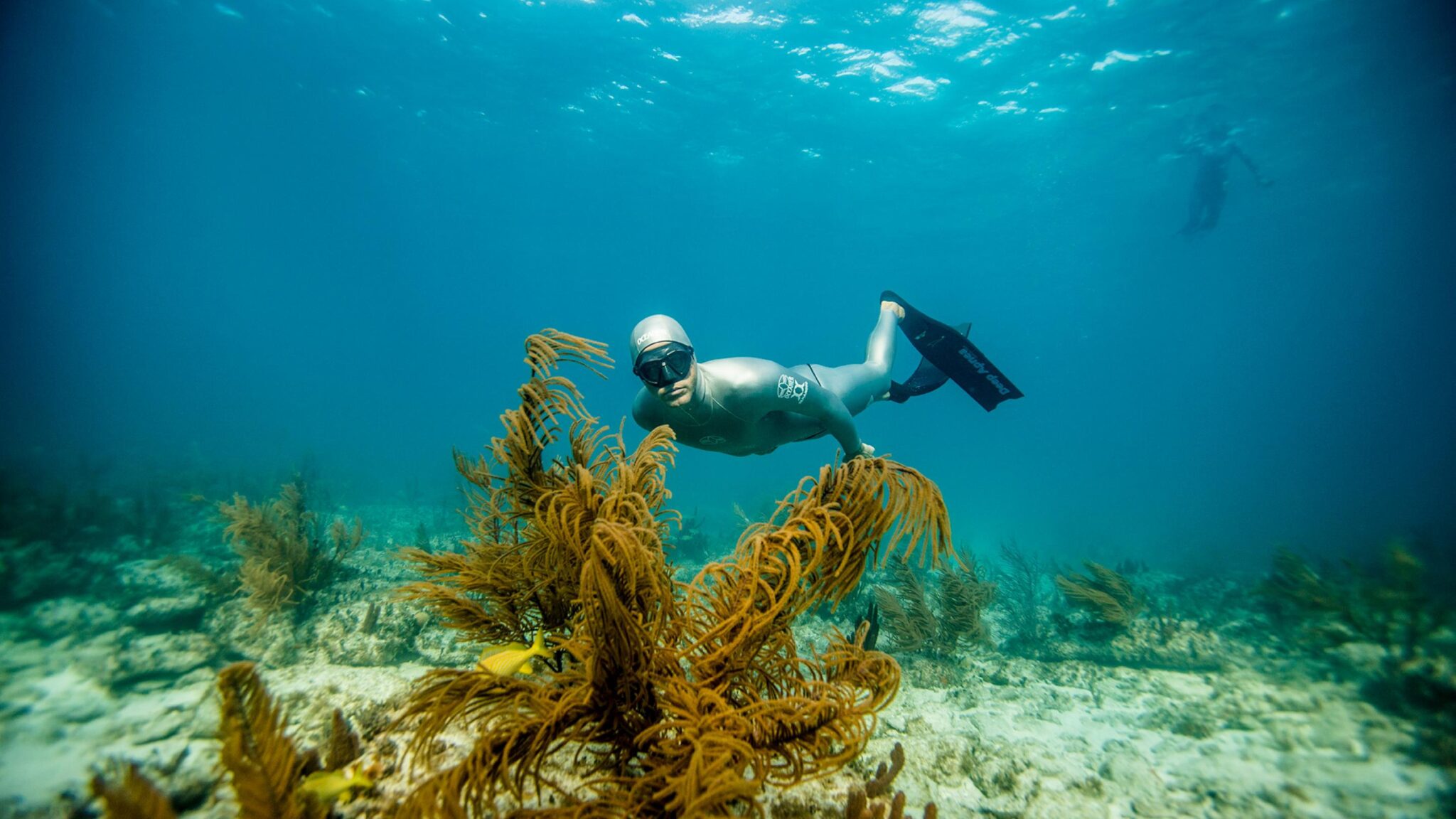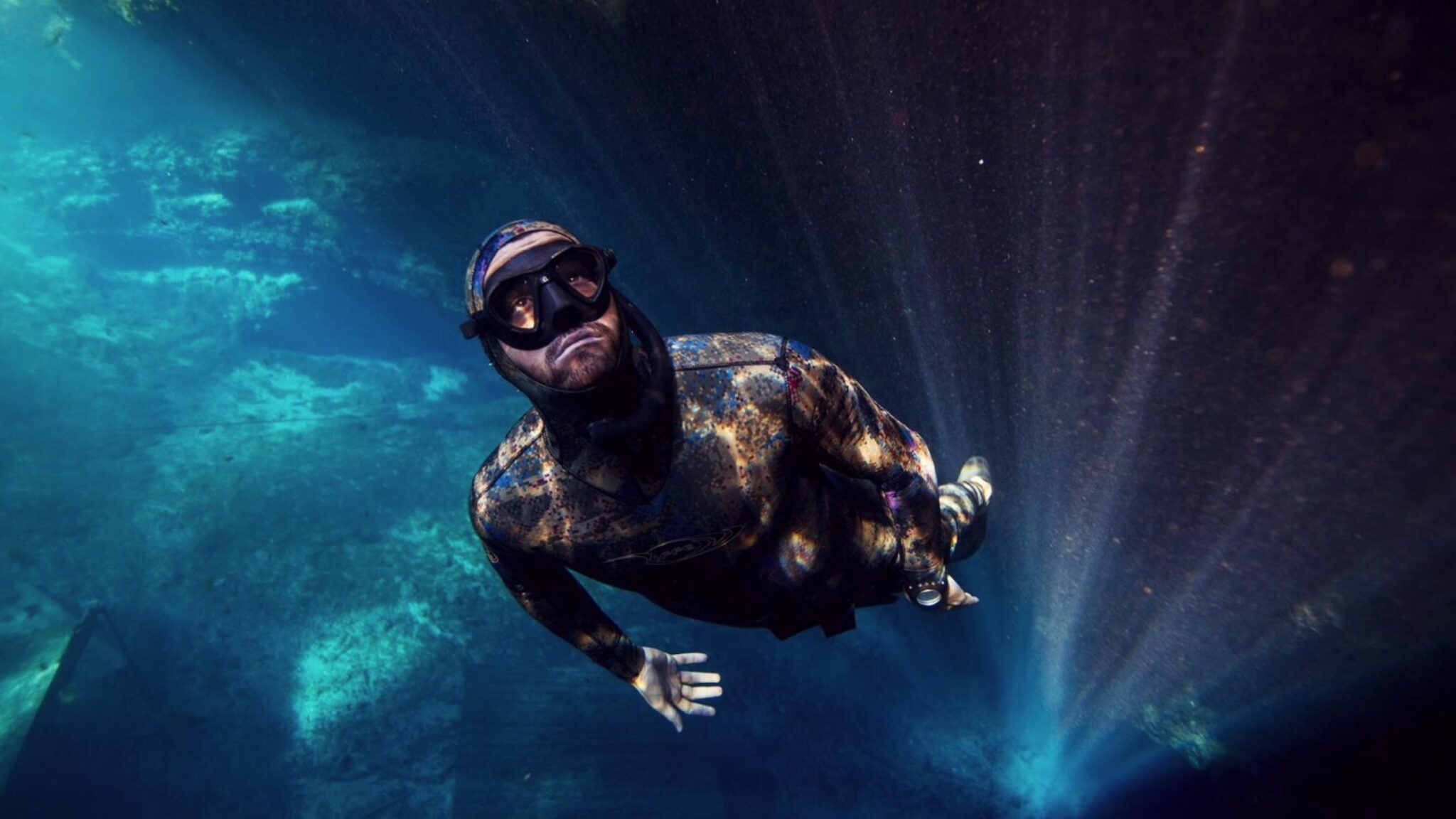Every activity we undertake has some inherent risk. Whether we are driving to work, out for a jog, or diving to great depths on a single breath, there is always risk involved. While freediving has been around for centuries, it only recently hit the mainstream and has garnered media coverage. Unfortunately, much of this coverage only happens when something has gone tragically wrong. So, let’s answer the question, “Is freediving dangerous?” and, let’s look at how we can reduce some of the associated risks.
The National Institute of Health (NIH) said it perfectly, “Freediving is a sport performed in extreme environments and, if undertaken by inexperienced, untrained, or competition divers, can lead to severe injury or even death. However, the risk of damage can be reduced by performing it responsibly with the appropriate training and by using proper safety measures.”
They mention four leading reasons why freediving is dangerous: Environment, Lack of training, Inexperience, and Competitions. We will look into what the biggest freediving dangers are and some tips for reducing the risk below.
The first of the four dangers listed by the NIH was the environment. Here are some environmental considerations for freedivers.
Water can transfer heat up to 25 times faster than air. So, one of the obvious risks is hypothermia. Shivering, or being tense because you are cold can also contribute to an increased risk of lung or throat squeezes. Remember to take breaks and warm up on the boat, wear adequate wetsuits, and focus on relaxing your body pre and during the dive.
Another of the risks for freedivers is currents and conditions. The weather on the water can change in an instant, and divers need to know what to do. Tides can change or a squall might move in and threaten to push you into a reef or away from shore. Always check the forecast (including the tides if you are diving in a tidal area), and keep an eye on the horizon. Have a plan and be ready to move if the need arises.
Entanglement can be a serious concern when diving near structures. Reefs, wrecks, piers, and kelp forests all have a higher risk. Think about keeping a knife on your belt, if not for you, maybe for an entangled animal.

From jellyfish to titan triggerfish, we are strangers in the undersea world and should always be cautious when wildlife comes to investigate us. Always let the animal dictate the interaction, but if you feel uncomfortable for any reason, end the dive. It is better to be safe than sorry. Wild animals can be just that, wild!
Freediving carries some inherent risk due to the nature of the activity. Going to depth puts pressure on your body. Here’s what to consider on every freediving excursion.
The most common depth or pressure-related risk in freediving is barotrauma injury (injury caused by pressure change) to the eyes, ears, sinuses, and lungs. These are almost always caused by a failure to equalize correctly or by moving too quickly on ascent or descent. Move slowly and own your depth. Do not push through discomfort and listen to your body.
Decompression Sickness (DCS) is rare in recreational freedivers but still a risk. DCS is more commonly experienced by competition freedivers and commercial freedivers, such as pearl and oyster divers. For more info on DCS, including the symptoms and what to do if you suspect it is affecting your dive buddy, read What to Do if You Think Your Dive Buddy Has The Bends.


While freediving carries a certain amount of risk, it does not need to be dangerous. Freediving can be one of the more relaxing and meditative sports out there. But there is no pause button on a dive. From the moment you take that last breath and dip below the surface, you are on the clock. More important than any depth, or any time, is returning safely to the surface and then to shore. Be safe out there!
It is strongly recommended that those who want to pursue freediving get formal training and a certification. This helps to ensure you are trained to not only take care of yourself but also to help other divers who find themselves in trouble. PADI Freediver courses are designed to increase your knowledge relating to the sport as you advance in your practice. If you have been certified for a while now and still love the sport, consider taking the next class. Not only will you learn to improve your diving, but the course may also help you to understand the physiology of what is happening to your body at depth and how to freedive deeper safely.
Share This